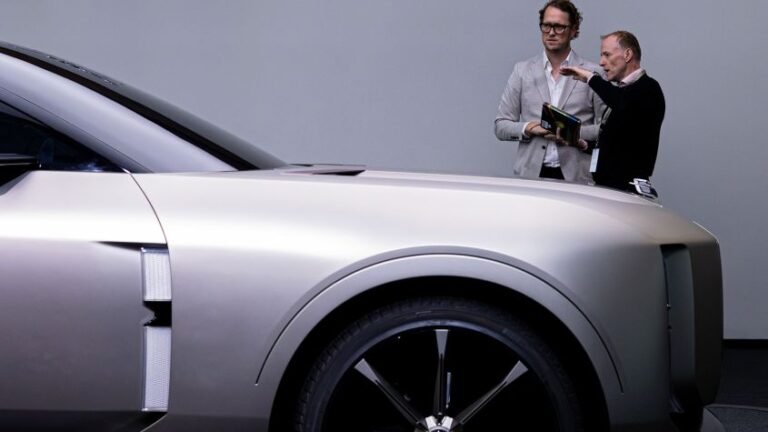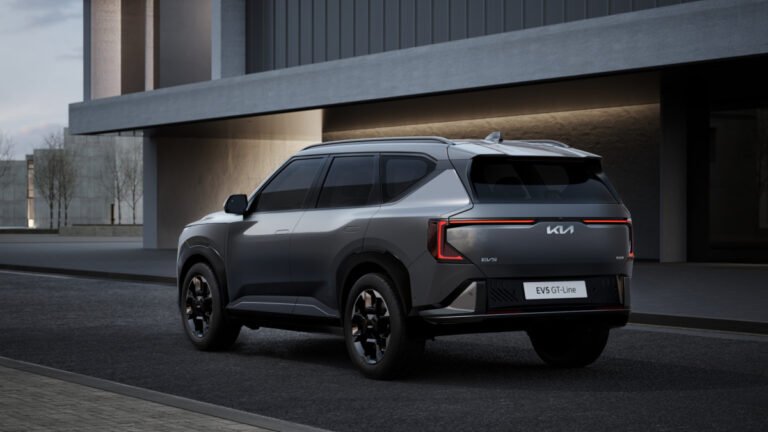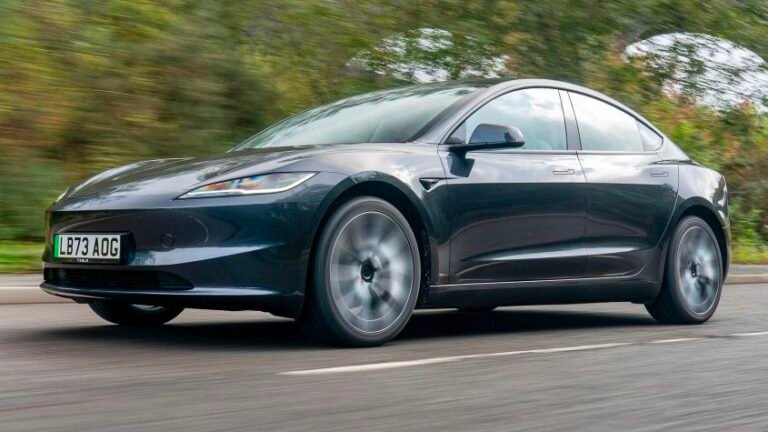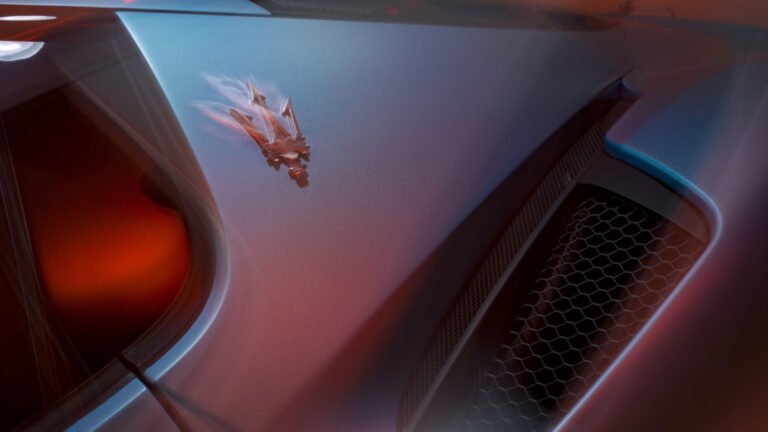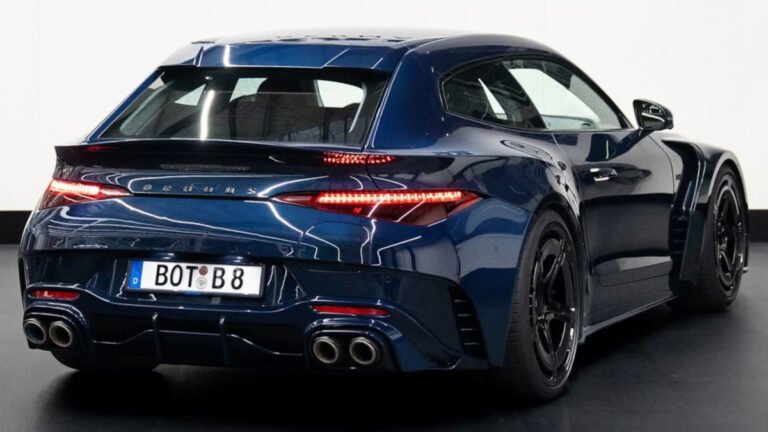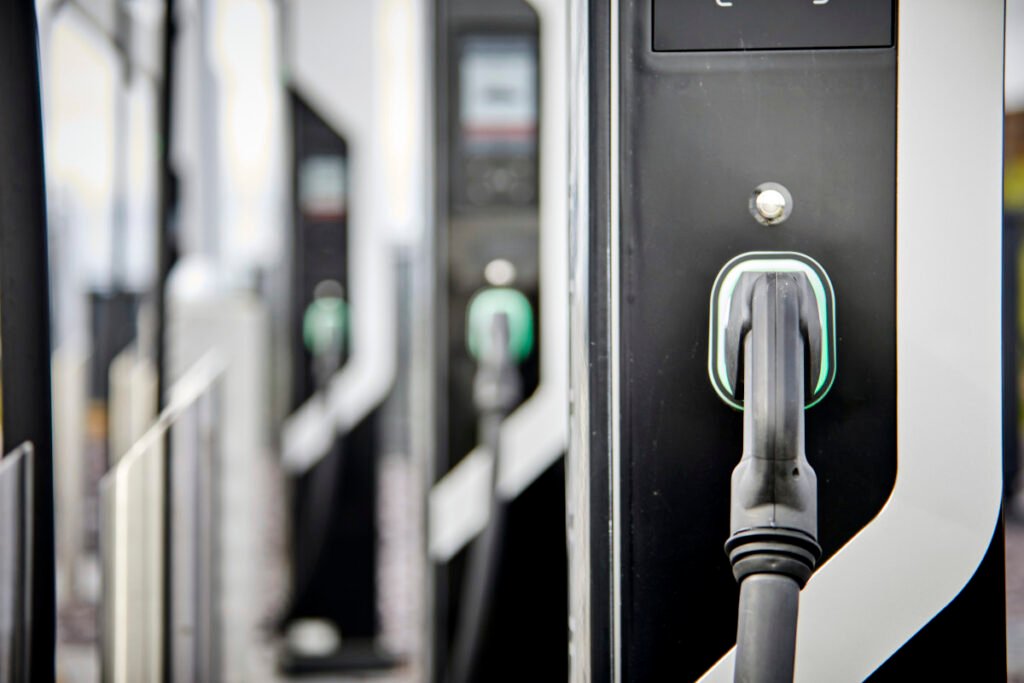
Consider a new study before your next summer road trip
A new study has found that driving speed generally has a more significant impact on electric vehicle (EV) range than summer heat, and this threat is more pronounced on extended trips. Geotab’s study formed its conclusion using anonymized telematics data from over 3 million trips across light-duty EVs, sedans, and cargo vans. The primary finding was that aerodynamic drag had a greater impact on range than cabin cooling at speeds ranging from 50 to 80 mph.
Geotab discovered that a 65 kWh electric van driving at 50 mph in 86°F heat with a range of around 143 miles had its range decrease to 121 miles when traveling at 60 mph. When this van’s speed increased to 70 mph, its range fell to 103 miles, then to 88 miles at 80 mph, representing a 39% decline between 50 and 80 mph. Electric sedans, which are slightly more aerodynamic, delivered an average range of 277 miles at 50 mph in 86°F weather, 251 miles at 60 mph, 226 miles at 70 mph, and 200 miles at 80 mph; a 28% drop in range from 50 to 80 mph. Both models were adjusted to represent a 65 kWh battery. Charlotte Argue, Senior Manager, Sustainability, at Geotab, said: “Just slowing down by 10 or 15 mph can extend your range by 20–30%, depending on the vehicle.”
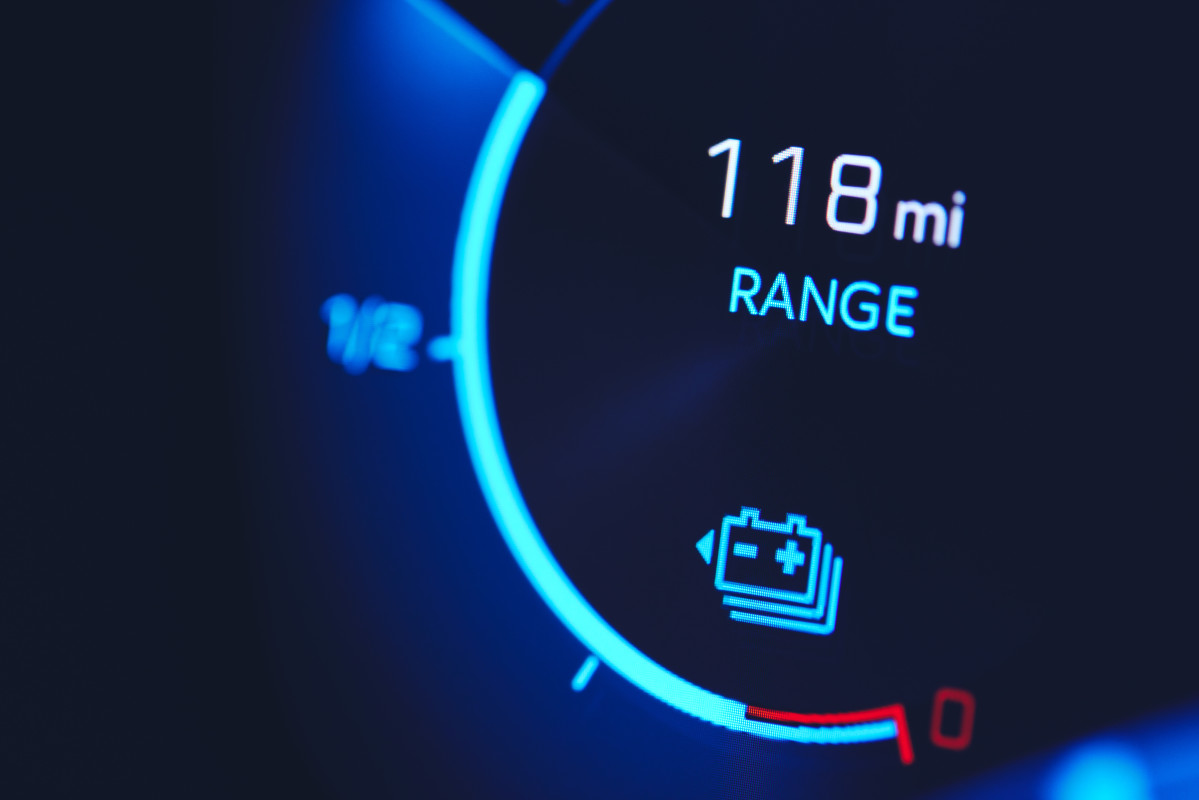
Temperature and air conditioning usage remain primary factors impacting range. In 2019, testing by the Society of Automotive Engineers found that an EV loses 17% of its range on average when the temperature reaches 95 degrees compared to 75 degrees, Forbes reports. However, heat’s impact is more noticeable at lower speeds where aerodynamic drag is lessened. Geotab’s recommendations for optimizing EV range include reducing your speed, preconditioning the cabin while the vehicle is plugged in, and using air conditioning efficiently with recirculation mode and seat ventilation. Additionally, drivers can park in the shade and avoid fast-charging during extreme heat.
EVs with exceptional aerodynamics and their drag coefficients
Lucid’s Air Grand Touring has the best range of any EV in 2025 at 512 miles, and its ultra-low 0.197 drag coefficient is a significant factor. Chevrolet’s 2026 Silverado EV WT offers a range of up to 493 miles and has a drag coefficient of 0.331, far surpassing models like Hummer’s EV. If you’d prefer a Lucid SUV over the company’s Air Grand Touring sedan, its Gravity Grand Touring boasts a 450-mile range and a 0.24 drag coefficient.
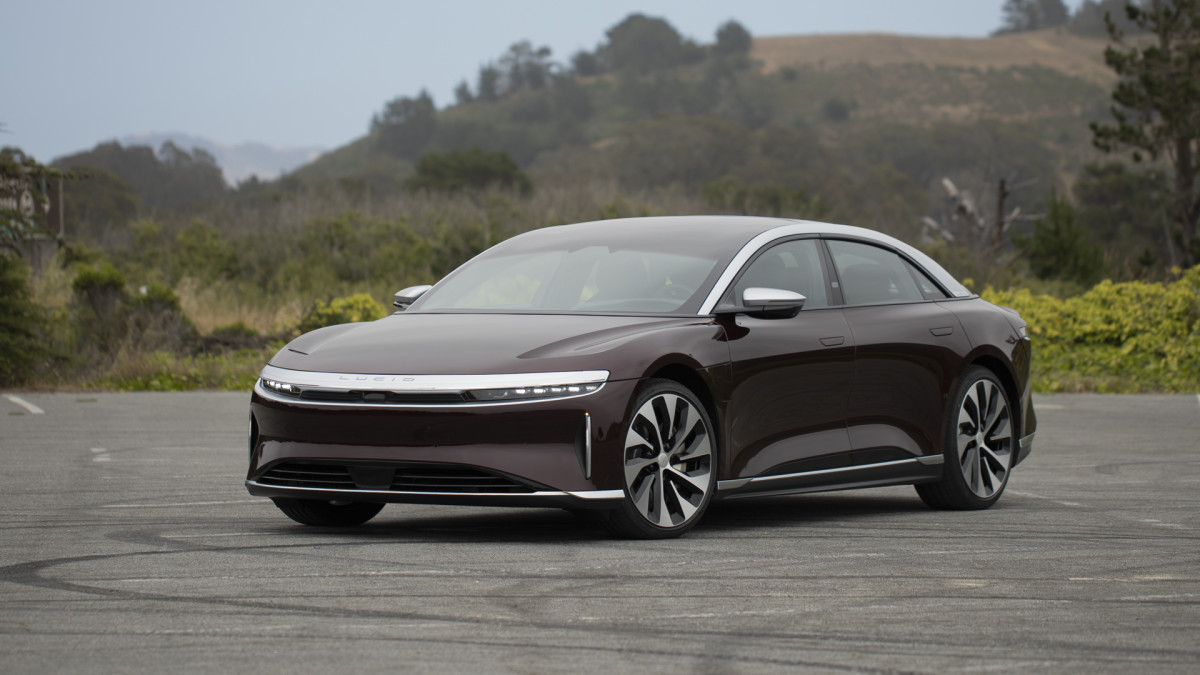
Lucid
Final thoughts
Range anxiety remains a part of the EV experience for many, but dealers can help alleviate this fear by paying attention to new studies on range-impacting factors and educating drivers on how to respond accordingly in varying conditions. While EV owners on extended summer drives may have to slow down in order to spend more time traveling, having more range on arrival means skipping that charging pit stop or worrying about finding a station immediately at your destination.
